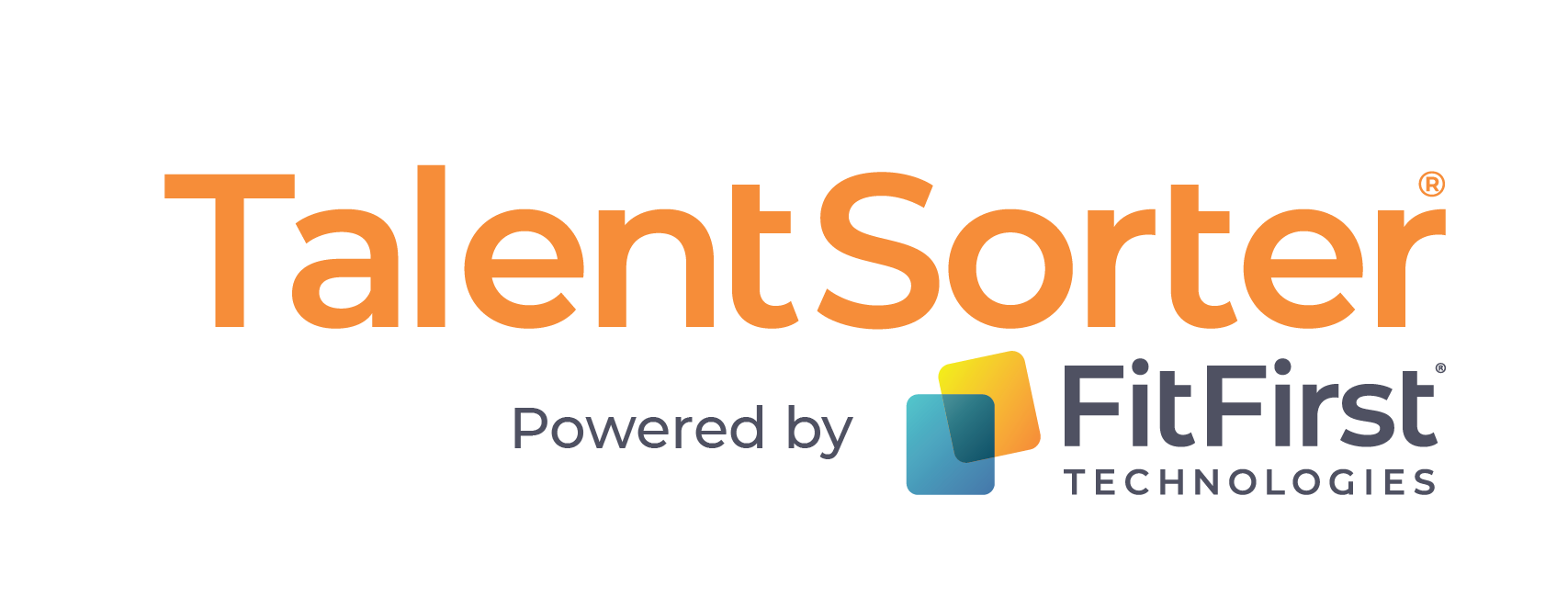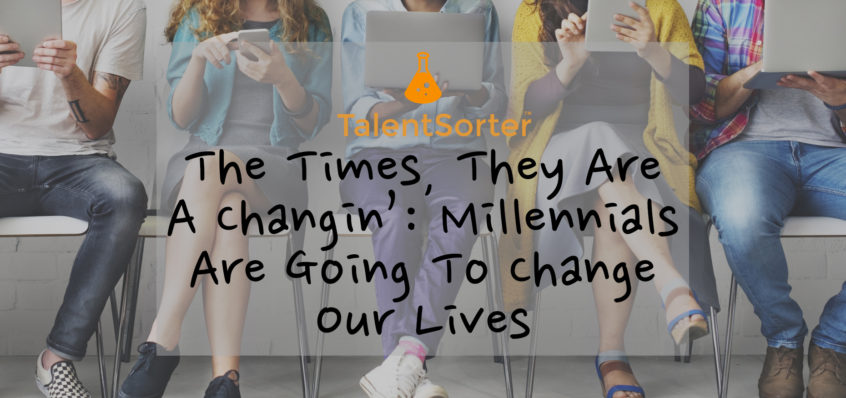Sometimes, it feels like we have been talking forever about the Baby Boomers and their impact on everything in North America, from shopping to home buying to the structure and makeup of the workforce.
Well that is about to change – and we will need to adapt to it.
In our employee engagement research and special studies done by firms such as Robert Half and Price Waterhouse Coopers, a few important points have emerged.
Here are just a few of those findings:
Shareholder Expectations
In the boomer era, we developed a much more sophisticated performance management structure. We made a lot of changes in how leaders had to insert themselves to get results.
Indeed, the push in the boomer era is one that has taken the old “loyalty” model (the patient earnings model) and tipped it on its proverbial ear. Gone is the market where we could set corporate goals and count on patience in the investors to let the game play out. Gone is the expectation that we could attract and retain good talent who would stick with us through good times and bad.
What has replaced it is an impatient shareholder perspective that seems determined to focus on the short term returns for shareholders rather than the long term viability and sustainability of the corporation – the short term gain of employees, who then take their experience and leverage it at another company. It appears easier to get ahead by getting out.
Millennial Expectations
The Millennial generation (born between the early 1980s and the early 2000s) now form a very significant part of the workforce. In the next 5 years, Millennials will be reporting to the most senior ranks, who will largely be members of Generation X.
These GenX folks will have to adapt to the new reality of the Millennials. They will need to manage companies with the competing challenges of shareholders wanting short term gain as well as Millennial expectations.
So, what do Millennials expect?
1. One Size No Longer Fits All
In performance management, one size no longer fits all. The old annual reviews, the goal-setting process, the standardized system; these things don’t work for them.
Millennials are a complex group. Some exhibit traditional values and ambitions, while others are on a completely different track at work. To keep them engaged in your company, you must customize your performance feedback and goal-setting for them.
They want more frequent feedback and they want it face-to-face. Doing an annual top down (power based) annual review (along with its attendant surprises) won’t cut it anymore.
2. Growth through Projects
It is no longer a luxury to assign people to special projects. Millennials want a more collaborative workplace, and they want to grow and be challenged by special projects.
This is just the tip of the iceberg, today.
If you are not measuring employee engagement and tracking differences in the priorities of these generational groups, you may get caught with a one size fits all solution. You may find that your employees are disengaged.
Get ready. The changes are upon us. In fact, they’re already here!
[vc_row][vc_column][rd_cta style=”rd_cta_2″ title=”Try Our Scientific Solution to Successful Hiring” left_border_color=”#04bdce” button_text=”FREE TRIAL” button_link=”https://www.talentsorter.com/free-trial/” target=”_self” button_color=”#ffffff” button_bg_color=”#04bdce”]With our Software You’ll Spend 80% Less Time Sorting through Resumes, 70% Less Time Interviewing, and Reduce Turnover 20-60%! Start a FREE TRIAL (no credit card required)[/rd_cta][/vc_column][/vc_row]

